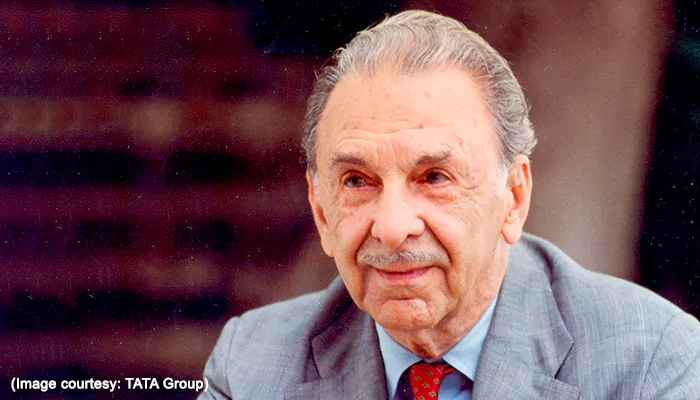
Discover the top business headlines that are trending across the world today!
What Will the DA Hike Mean for Central Government Employees? Key Details Inside

As Diwali draws near, central government employees and pensioners are eagerly anticipating a possible increase in their Dearness Allowance (DA). Currently, set at 50% of their basic salary following a 4% rise in March 2024, there are indications of an additional hike of 3-4%. This allowance, crucial for over one crore individuals, aims to protect them from inflation by adjusting pay according to the Consumer Price Index (CPI). For instance, an employee with a basic salary of Rs 22,000 could see their DA rise by Rs 660 per month with a 3% increase, totaling Rs 11,220, while a 4% increase would raise it to Rs 11,440. Central government employees and pensioners are anxiously awaiting official confirmation, hoping for a financial boost just in time for the festive celebrations.
Centre’s Decision Against Satellite Spectrum Auction Welcomed by Elon Musk

Billionaire Elon Musk expressed his approval on Tuesday regarding the Indian government's inclination towards a spectrum allocation route for satellites, shortly after Union Minister Jyotiraditya Scindia indicated a preference against auctions. This came just a day after Musk criticized the auction proposal backed by industrialist Mukesh Ambani, calling it “unprecedented.” At a New Delhi event, Scindia remarked that opting for auctions would set India apart from global practices. Musk responded positively to the minister's comments, stating that Starlink aims to effectively serve the Indian market. This situation underscores the growing competition in India's satellite services sector, projected to expand at an annual rate of 36%, reaching $1.9 billion by 2030. Starlink argues that direct licensing aligns with international norms, promoting the idea that spectrum, being a natural resource, should be collaboratively shared, while Ambani’s Reliance insists on auctions to maintain fair competition.
SpiceJet Emerges from DGCA’ s Enhanced Surveillance: What’s Next for the Airline?

The Directorate General of Civil Aviation (DGCA) has removed SpiceJet from its enhanced surveillance regime, which had been in place since September 13. This decision reflects the airline's commitment to safety, operational efficiency, and regulatory compliance. SpiceJet reported that the DGCA conducted 266 spot checks during this period, addressing any deficiencies identified.
Despite this positive development, SpiceJet's shares fell by 1.53% to Rs 65.45 in afternoon trading, with about 68.43 lakh shares changing hands, below the two-week average of 2.49 crore shares. The total turnover reached Rs 68.43 crore, contributing to a market capitalisation of Rs 8,388.63 crore. The DGCA's decision also follows recent financial improvements within the airline, including the resolution of disputes with lessors and settling employee dues after securing a Rs 3,000 crore capital infusion.
The New Wave: European Education Gains Traction as Interest in Big Four Declines

Europe's growing appeal as a leading educational destination stems from its prestigious universities, affordable tuition, and welcoming atmosphere. Social media has played a significant role in raising awareness about these opportunities, while traditional study destinations like the USA, Australia, Canada, and the UK are losing their attractiveness. This decline is further compounded by recent policy changes and increased regulations, making it more challenging for international students in these countries. In a discussion with Financial Express Online, Bhargav Modi, Business Director of EduGo Abroad, highlights the factors contributing to Europe’s rise as a preferred choice for students. The shift away from the Big Four countries has been gradual, reflecting a long-overdue change in the global education landscape.












